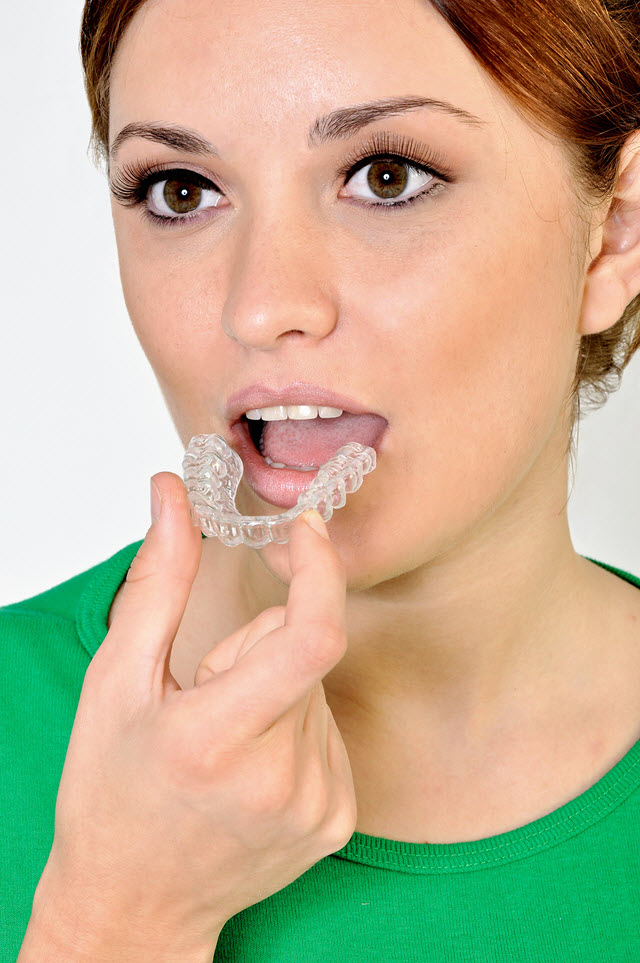Snoring Mouthpiece
Oral Devices That Help Control Snoring
Among the products that can help you curb snoring are the snoring mouthguards. These devices in many cases have been designed by dentists to control the architecture of your mouth while sleeping. Studies have shown a marked lessening of snoring while wearing properly fitting oral anti-snoring devices.
Why Oral Devices?
Sounds uncomfortable, right? But many chronic and loud snorers get relief from oral snoring devices. Widely known as mandibular advancement devices, oral anti-snoring guards are designed to counteract the natural tendency for your tongue to slide to the back of your mouth and your jaw to relax both of which contribute to airway obstruction. An obstructed airway can worsen snoring.
How Mandibular Advancement Devices Work
Anti-snoring oral mouthpieces are often fitted by a dentist and are designed to do a couple of things:
- stabilize your jaw in the case of a receding jaw
- push or advance the jaw slightly forward, naturally opening the airway
- depress your tongue so it doesn’t fall to the back of your throat and block breathing
- ensure that soft palate tissue doesn’t impede the passageway, either.
Risks and Side Effects of Oral Anti-Snoring Devices
Because oral breathing appliances are designed to exert subtle force on your jaw and subsequently teeth, doctors usually recommend you are fitted by a dentist.

Some side effects of wearing these night-time mouthguards:
- Initial trouble fitting them possible
- Can be uncomfortable at first
- Produce extra saliva until users get accustomed to the device
- Subsequent dentist visits for adjustments to the device
Currently only oral anti-snoring mouth pieces prescribed through a dentist or doctor, fitted by a dentist or doctor, AND approved by the FDA are legal for sale as oral appliances for relief of snoring.
Controversy and FDA Approval
Brand name oral anti-snoring mouthpieces made by Puresleep and Snorban have come under fire from the FDA from time to time. Neither product is legally approved for sale as an anti-snoring device, per se. The FDA maintains that devices of this nature must be prescription only and fitted by a dentist or physician. The FDA further maintains that because the Puresleep and Snorban products are self-fitting, that users are also diagnosing their snoring and possibly overlooking more serious medical conditions like sleep apnea.* Best advice: ask your doctor before using any oral anti-snoring mouthguard and do your research before buying.
